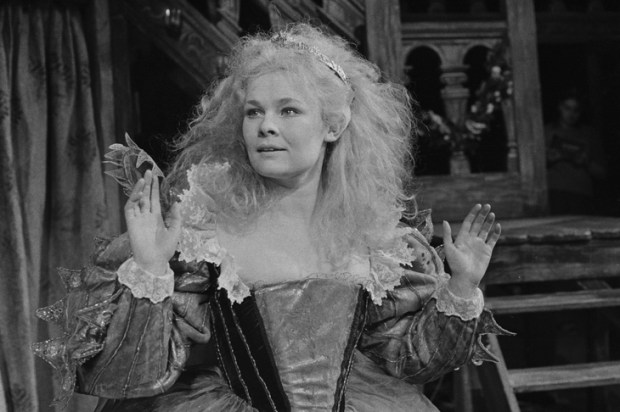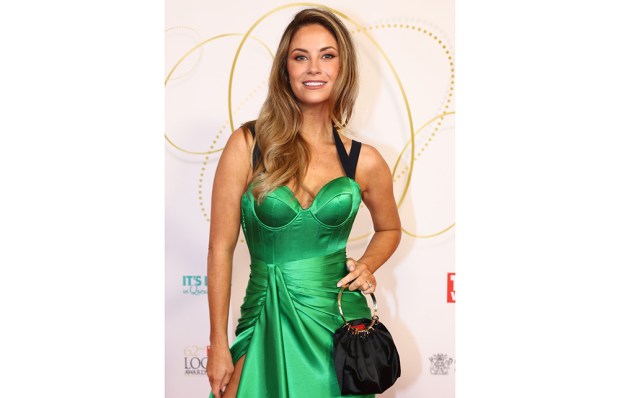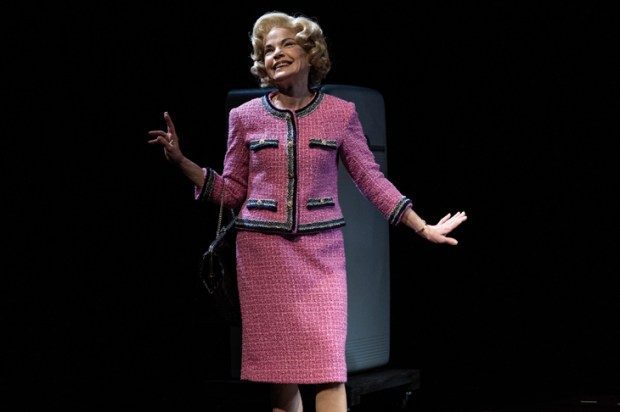It was saddening to hear of the death of the poet John Tranter the other week. For those of us who started literary magazines in the 1980s John was a welcoming figure as well as a poet who turned away from the well-made verse that was often being produced in the universities with its neat rhythms and rhymes and its parade of careful ambiguities. John Tranter was the effective leader of the group of poets – which included John Forbes and Robert Adamson – who took their bearings from New York, in particular from the work of Frank O’Hara and John Ashbery. Forbes was the exceptionally nimble theorist of all this but in terms of an ancient contrast John Tranter was the paleface next to John Forbes’ redskin. He followed more directly in John Ashbery’s wake and he made himself a kind of chieftain of poetic practice and affiliation producing poem after poem which defied the norms of poetic paraphrasability but remained vibrant and considered: My eyes go pale as I grow old, and these / bones my wrist, are less eloquent than / country radio…
John Tranter was born in Cooma, New South Wales, and he always carried with considerable grace and kindness the manner of someone who had been nurtured by country Australia. Picking up his Selected Poems again and seeing that it was published a boggling forty years ago it’s disarming to realise the deliberateness with which the poet plays on the emotive power of suggestive meaning and the play of the artefact that gathers it and toys with it. Now that he is dead it’s hard to remember anything but the kindness, the devotion to the art and craft of poetry, the seriousness but also the steady gentleness of a writer who achieved so much.
The tread of literary history is a long way from the epical sagas of the TV streamers. There are, of course, distinctions in the costume drama stakes. There is a discernible fraction of punters who cannot come at anything that smacks of fantasy (or at least nothing short of the art to be found in Shakespeare’s romances): they cannot abide the magic shadow of dragons and broomsticks and whatnot as entertainment. They will revere the old BBC I, Claudius with Derek Jacobi in the title role and Siân Phillips as the wicked empress Livia and they will feel their blood stir at Australia’s Travis Fimmel in Vikings. But they don’t want the abracadabra. Anyone like this who grew up with multiple versions of King Arthur and the Knights of the Round Table saga who belongs to this camp will remember how much they thrilled to the Arthur, Guinevere, Lancelot story, straight from Malory and how off-puttingly different they found all that Holy Grail business, all that suggestion of fantasy and magic and fairytale in the saga of Galahad and Percival and co. None of which is to deny that Wagner – when he takes to it – gives its unearthliness an extraordinary drama but that’s another ball game.
The great mid-twentieth century novelisation of the King Arthur story T.H. White’s The Once and Future King for all the power of its evocation of Morgan le Fay, the queen of air and darkness, and Merlin teaching Wart, the young Arthur to talk to the birds and bees, is clearly on the side of the storytelling element. And that has room of course – in its broader aspect – for Sir Bedivere throwing Excalibur into the waves and the hand rising up to take it.
It’s the great secular myth of our civilisation though it is everywhere tinged by the spirit of Christendom, as in Guinevere’s mournful words of renunciation to Lancelot. And the King Arthur story – made into the musical Camelot by Lerner and Loewe and beloved of John F. Kennedy – is the great myth of the English-speaking peoples. Hic jacet Arturus Rex Quondom Rex futurus: here lies Arthur, the once and future king.
Well, if you’re into the battleaxe and bravura school of history as blood and rampage and skullduggery, if your tilt is towards Rome and Vikings rather than The Lord of the Rings you’re likely to have been attending to the forty hours or so of The Last Kingdom (available on Netflix) which has just culimated in a movie-length sequel and climax, Seven Kings Must Die. We are johnny-come-latelys to this all-but-never-ending saga but we have become fans of Alexander Dreymon who plays Uhtred of Beddamburg and is accompanied by his fiery lady-love, Emily Cox as Brida.
It’s certainly disconcerting at the outset, in a world when people are blinded at the flick of a vengeful wrist, where characterful old Danes are suddenly set alight as they stampede towards Valhalla, just how metrosexual the younger characters are. You get the odd older actor such as Matthew Macfadyen who has done Shakespeare and has the bearing of traditional military stature. But our hero (once Saxon, then Dane, now willing to obey Alfred) has the sort of youthful beauty designed to appeal to both sexes. And Alfred himself – sleek, dark and mild – is a fair distance from the hulking heroic type (Chris Hemsworth, perhaps, or the younger Russell Crowe) you might expect. In any case The Last Kingdom is pacy enough and invigorated enough to keep anyone fascinated by Bernard Cornwell’s account of how the Celts and Saxons and Danes came to share ‘this England’ watching like hawks.
Just at the moment the world is watching in fear at what may happen in the Sudan as so many people are in dire need of being evacuated. Perhaps this influenced our decision to rent the old 1966 epic Khartoum with Charlton Heston as General Gordon in one of his finest performances (light and British-accented) and Ralph Richardson as Gladstone who does not want to buy into another war but can countenance a rescue operation. The film is intelligently sketched, it teems with impressive detail, it feels historical but – in the most glaring way – it is not Lawrence of Arabia. When Robert Bolt wrote the script for that David Lean epic he knew precisely what he was doing and the story had a spectacular coherence. Khartoum is worth seeing but it reads as a rather grandly intelligent footnote to the history it rehearses.
Got something to add? Join the discussion and comment below.
You might disagree with half of it, but you’ll enjoy reading all of it. Try your first month for free, then just $2 a week for the remainder of your first year.













